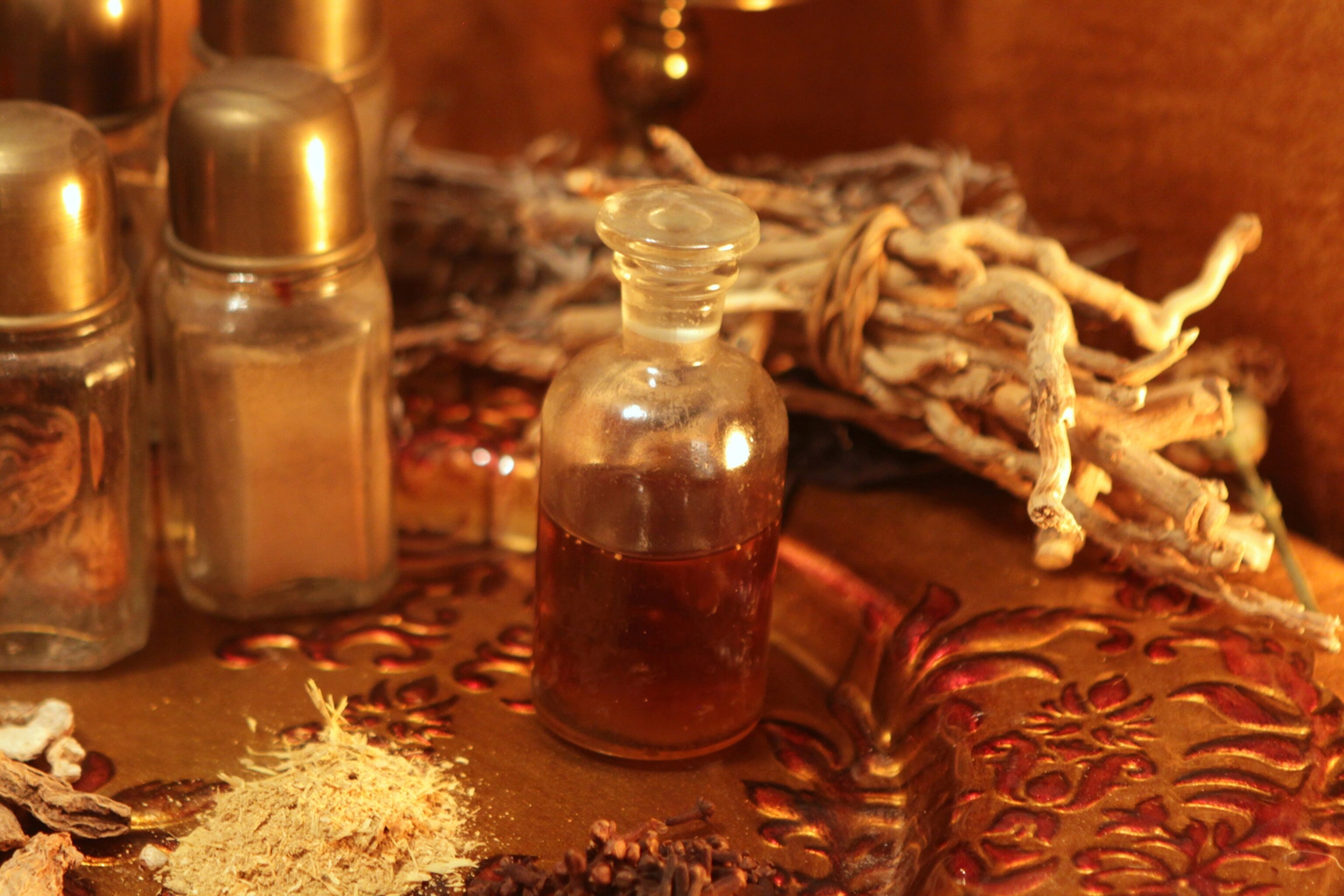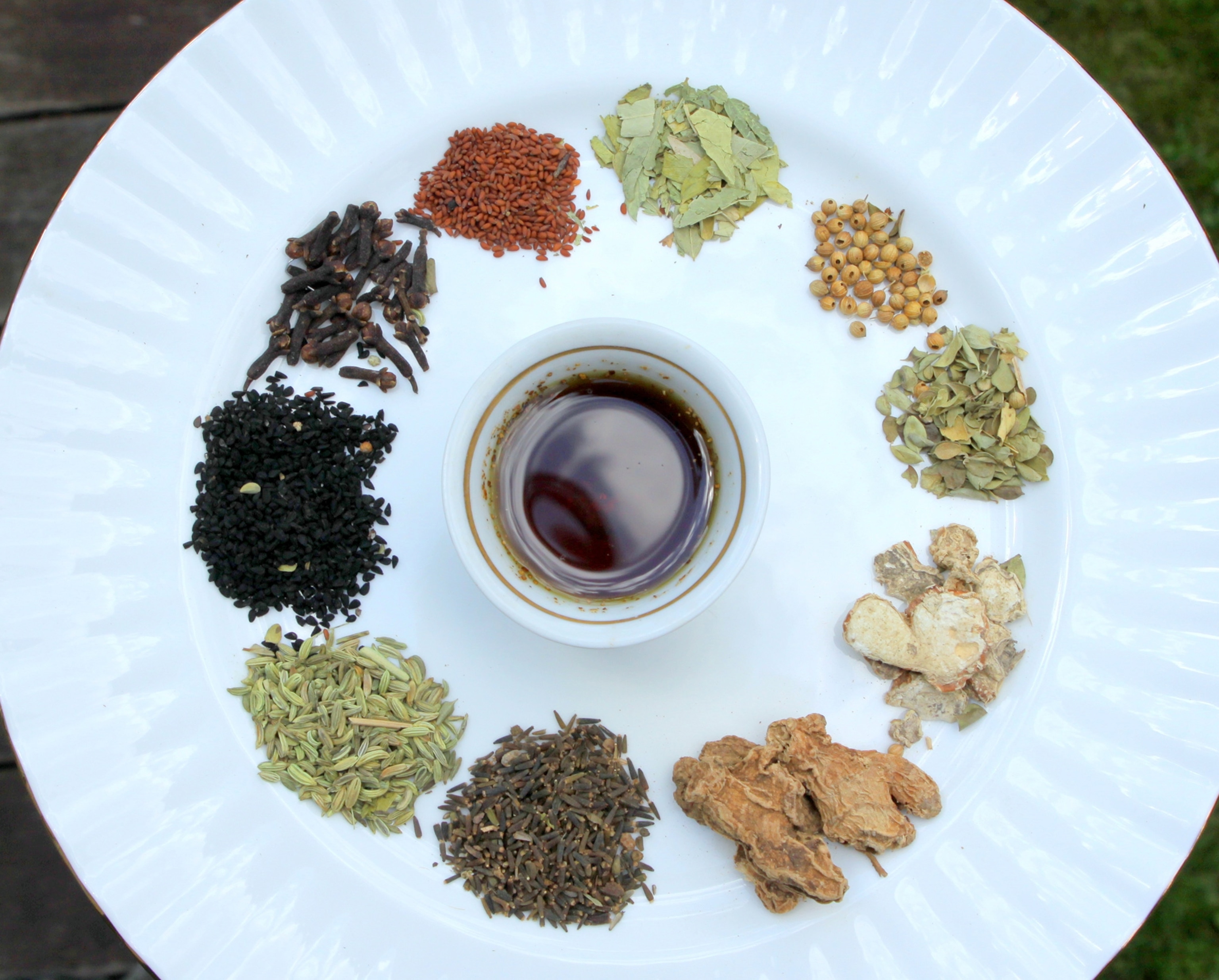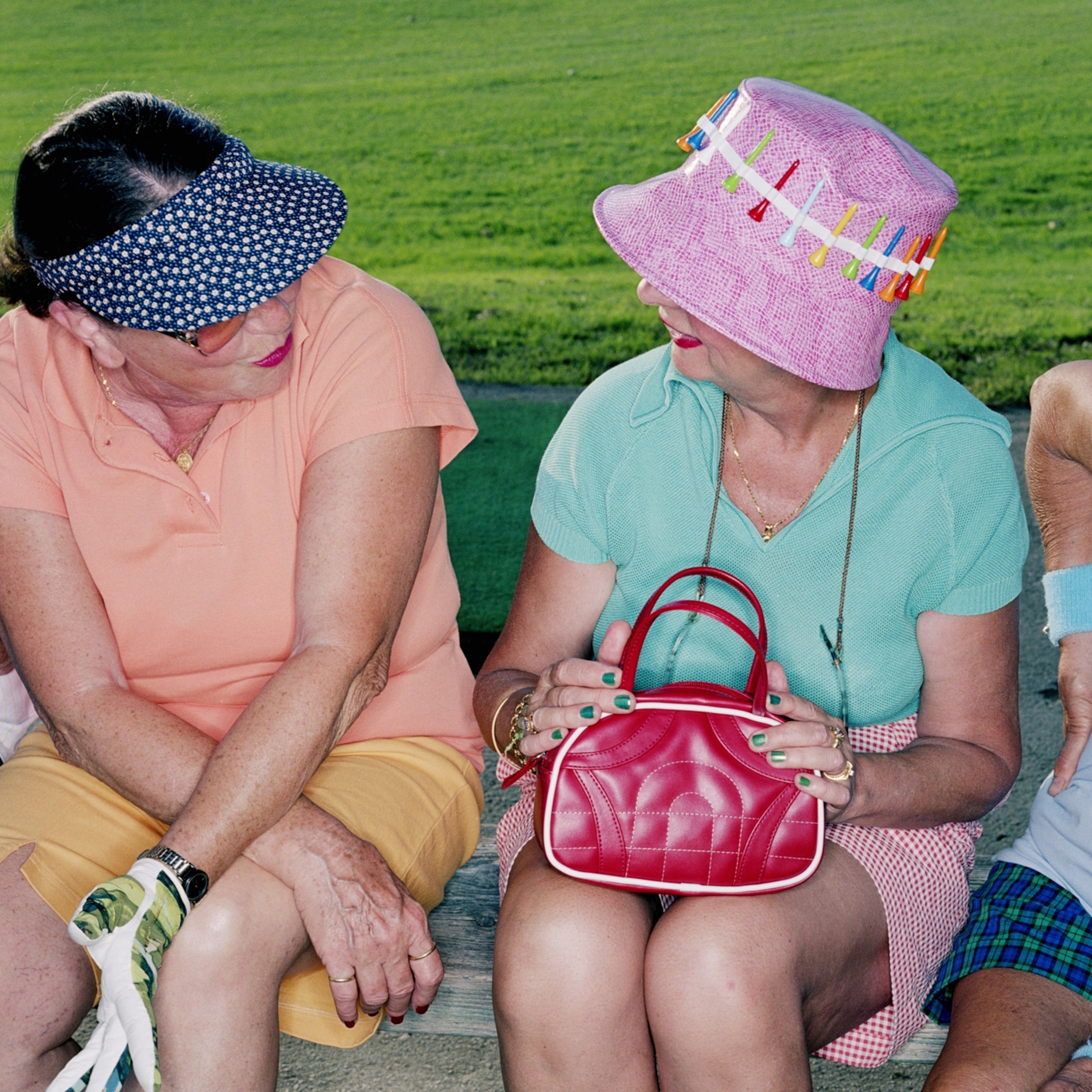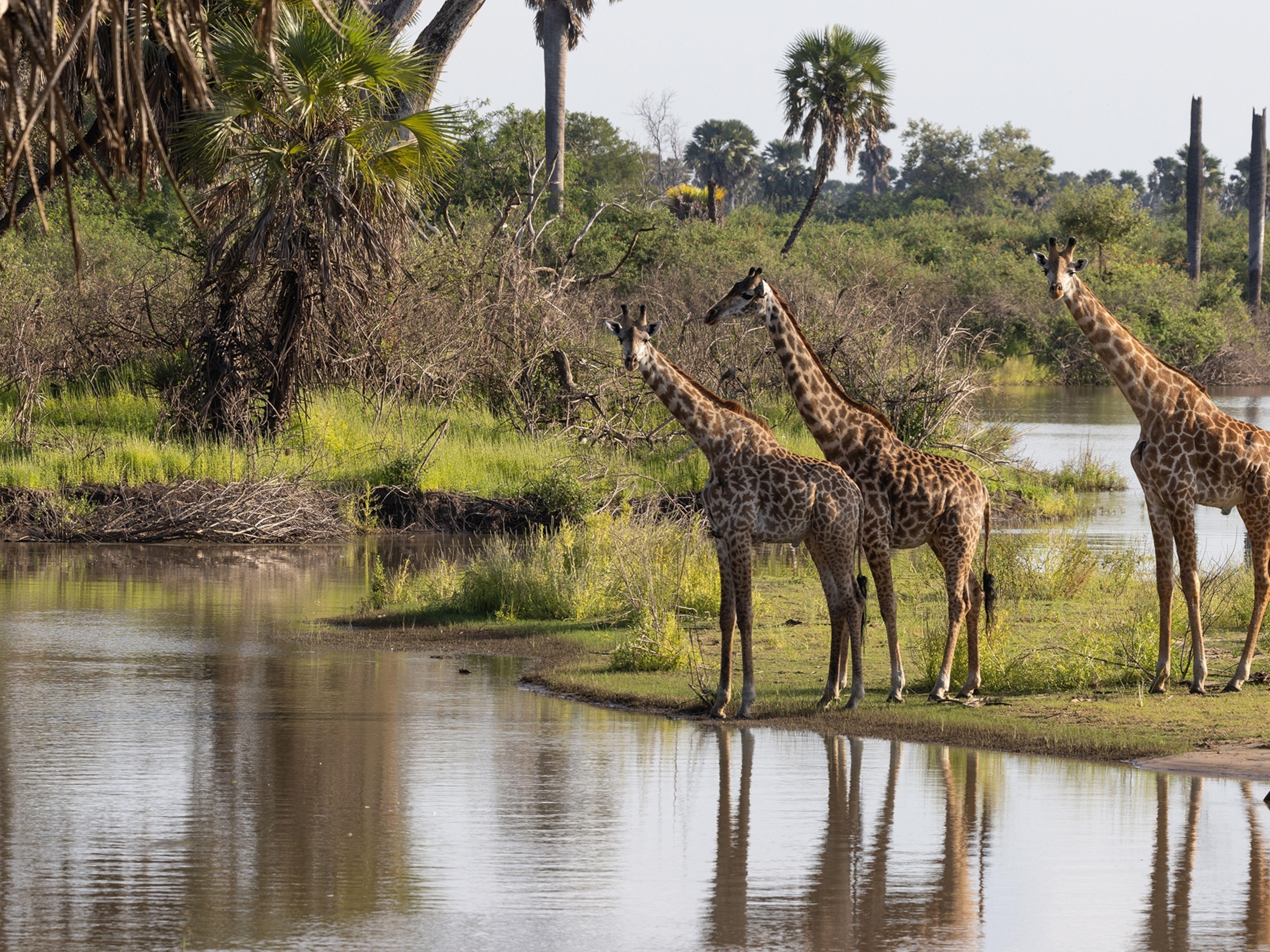
In Zanzibar, a Traditional Herbalist Exorcises Evil Spirits
Said Mohammed turns to oils, spices and incantations when he is called on to hunt down and expel a jinni that is causing harm to humans.
ZANZIBAR, Tanzania — As Said poured oil onto the top of the taxi driver’s head, I kept expecting it to run down his neck and onto his shirt. It never did. No matter how much oil Said poured, it seemed to disappear into the man’s scalp. Once the bottle was empty, Said took the plastic cap and started to press it where the oil had vanished, making circular marks. Sucking in a deep breath, he began chanting a melodic Arabic verse. The cadence of his words and the rhythm of circle-making became hypnotically synchronized. Several minutes in, the taxi driver started to shake. Said’s eyes sparkled. Breaking briefly from his verse, he said, “You see now, the jinni is coming out.”
I was sitting in the back of a taxicab in Stone Town, the old quarter of Zanzibar City, on Unguja, the main island in the archipelago. Next to me was Said Suleiman Mohammed, herbalist and jinni hunter. In the front seat was a driver who had recognized Said as we walked by his taxi stand. He pleaded with Said to remove a malevolent jinni, or spirit, that had entered his life. Said nodded respectfully and looked over at me, “OK, let’s go.”
That’s how an exorcism happens in Zanzibar.
Throughout much of the Islamic world, a jinni, or genie as it is sometimes spelled, is considered a very real spiritual phenomenon. The Quran makes several mentions of jinn, calling them a creation of Allah. They are neither human nor angel. Although they are believed to exist in an endless variety of manifestations, negative and positive, jinn are most commonly thought to invade the homes and bodies of humans to cause distress. But having a jinn problem is not a strange or embarrassing occurrence in a place like Zanzibar.
A semi-autonomous region of Tanzania, the islands are most well known as a hub of the spice trade. For a time, they were the world’s leading producer of cloves. During the 19th century they were also the center of the slave trade, as part of the Ottoman Sultanate. The Islamic influence remains, but Zanzibar’s architecture and culture also reflect the influence of Persian Zoroastrians, the Portuguese Empire, and the British Empire.
As a child I placed Zanzibar in that exalted class of fantasy destinations with Kathmandu and Timbuktu. These were names that sounded too exotic to actually exist. To me Zanzibar was an ancient land of swashbuckling and rare spices. I thought there was no way it could live up to the visions my childhood mind had created. Thanks to Said I was proven wrong.

I met Said while working on a documentary series about indigenous alcoholic beverages. He served as the production’s fixer. He had a casual warmth that stood out in contrast to my more studious co-workers on the Tanzanian mainland. He wore his white embroidered kofia, a cylindrical, brimless hat, high on his head revealing a zebibah, a calloused bump caused by repeatedly touching the forehead to the floor during prayer and considered a sign of devotion. I let him know that during my down time I was doing research on traditional medicines and a form of Islamic sorcery in which conjurers create protective amulets infused with the power of famous warriors who fought in the Battle of Badr, a turning point in the Prophet Muhammad’s campaign to spread Islam.
“You will find more of that on the northern Island of Pemba. Pemba is also the home of many jinni.”
“Genie? As in Aladdin and his lamp?”
“The Quran says Allah created man, and he created jinni. Jinni are a big problem in Zanzibar. People call me to deal with them.”
And with that, a new obsession began.
I spent the next few days traveling with Said, picking his brain about the process of jinni exorcising. As we walked through Stone Town, he would throw in his knowledge of local history, demonstrating his ability to translate the meaning hidden in the ornate carvings of the doorframes. “You see this chain pattern carved in the wood? At one time this was a family of slave traders.”
“What do jinnis look like?”
“They can be male or female and live for a thousand years. They are not pleasing to look at so Allah made them invisible … most of the time. They can take many forms and often possess a person or animal. When I see them manifest, they most often look like very old men in ancient clothing.”
“Where do they go when they are not bothering people?”
“Jinni have their own cities in the forest and under the sea. Some of them even like living in filthy places like the toilet. That is why we enter the toilet with our left foot and exit with the right while reciting dua [prayers] from the Quran. However most jinni like to be alone in the old places. They love Pemba Island as it has many ruins of temples and forts that no one visits. In the time of the Prophet Suleiman bin Dawood [King Solomon], Pemba had the central prison for all jinni. Many of them still stay there in the ruins.”
Said comes from a long lineage of herbalists that began in Oman. His great-grandfather moved the family to Zanzibar from Oman looking for new opportunities. “At the time Oman was difficult, there was little food and a lot of confusion,” he said.
In Zanzibar, his great-grandfather and then his grandfather became acclaimed for their knowledge of natural medicine. Said’s grandfather was so successful that his children were able to get jobs as teachers and government workers. While their parents were at work, Said and the other grandchildren served as apprentices. All day they would gather wild plants and put them together as their grandfather instructed.
“At the time, we were unhappy because it was hard, busy work for a child. We just wanted to play. It wasn’t until later that I realized, he was teaching us.”
Said spent some time working as a mechanical engineer in Dubai in the United Arab Emirates. When he returned he moved away from bustling Stone Town. Being in Dubai had given him a bad taste for city life, and he just wanted to be in natural surroundings with his family. In the village where he moved, he noticed some of his neighbors were dependent on modern medicines for ailments that he knew had natural cures. When he heard that a man had been bitten by a snake, he offered his help.
“I went and gathered the part of the Yucca plant where the root meets the stem. I ground it into a poultice and brought it to him. He felt much better, and it gave me a good reputation in the village. More and more people came around asking me questions. I started to remember everything my grandfather had taught me.”
When treating people Said went under the name Mohammed Said, the same as his grandfather. Soon his brothers and sisters started asking around to find out who the herbalist was using their grandfather’s name. “At first no one knew it was me. When I told them, they were shocked.”
Said confirmed his true calling one night in the village.

“It was around midnight, and I heard a woman screaming. I entered the house, and the family said she was having terrible cramps. When I saw her, I knew it was jinni. I started to read verses from my Quran. She stopped screaming and looked at me. I could see the jinni was in her eyes. It told me to leave. I kept reading my verses until the jinni started crying and apologizing. If you can get a jinni to sign a contract, they will never break it. That was the first time I wrote a contract. The jinni left never to return.”
“Since that moment, many people have come to me for help with jinni. There have been times when I would have to kill six goats to get a jinni to sign a contract to leave a house. I was upstairs in one home and the jinni took away the stairs so I could not find my way out. My scariest moment was when I entered a yard and encountered ten men that where all possessed by jinni. They surrounded me and told me I was too small to fight them. It took many hours but I defeated them. You see jinni know that with the Quran we can kill them.”
“How would you kill a jinni?”
“I can use the verses of the sword, the sura in the Quran. This is the last resort; I would rather they sign a contract and leave in peace. My two greatest weapons are the Quran and my jinni oil.”
In his backpack Said has a dozen jangling glass bottles with different color oils. Most of the oils utilize a black seed (nigella sativa) oil base and are infused with spices. When mixing them, Said reads Quranic verses and then blows the words into the oil.
“This oil is very important for a woman who is being raped by jinni. The jinni who loves her will not let her find a husband. If she gets pregnant by a man, the jinni will penetrate her while she is sleeping to kill the unborn baby. She must apply the oil every night to the 32 points of entry to her body to protect the baby.”
As Said discussed his recipes and techniques, we wandered into a large walled citadel. Once a great Persian bathhouse for the sultan, the Royal Forodhani Baths are now an elementary school. As we walked through the yard, I could see dozens of curious eyes gazing upon us through the latticed classroom windows.
“So you want to see a jinni?” Said asked as he led me down a crumbling staircase in the corner of the yard. Immediately I could feel the air thicken. “You feel that?” We entered an underground chamber that had once been a bathing place for the royal family. The paint on the arches was falling down in large flecks. We stood there in the beams of sunlight that shot down through the domed ceiling. Suddenly, in the corner of my eye, something flashed. Startled I threw up my fists and turned toward the flash. A white cat darted through the room.
“Follow that cat!” Said yelled, raising his voice for the first time since we met.
We ran after the cat, jumping into the adjoining chamber. We saw that it had no exits—and no cat.
Said let out a victorious laugh. “You see I told you that jinni are everywhere.”
I put my arm around him as we walked toward the exit. “Well a jinni, or a very clever cat.”
Justin Fornal is an explorer and filmmaker. He is currently working on a National Geographic Explorer series. His newest expedition documents and re-purposes indigenous textile production and dying techniques from around the world. As his alter ego, Baron Ambrosia, he showcases America's little-known ethnic enclaves on Cooking Channel's “The Culinary Adventures of Baron Ambrosia.”







